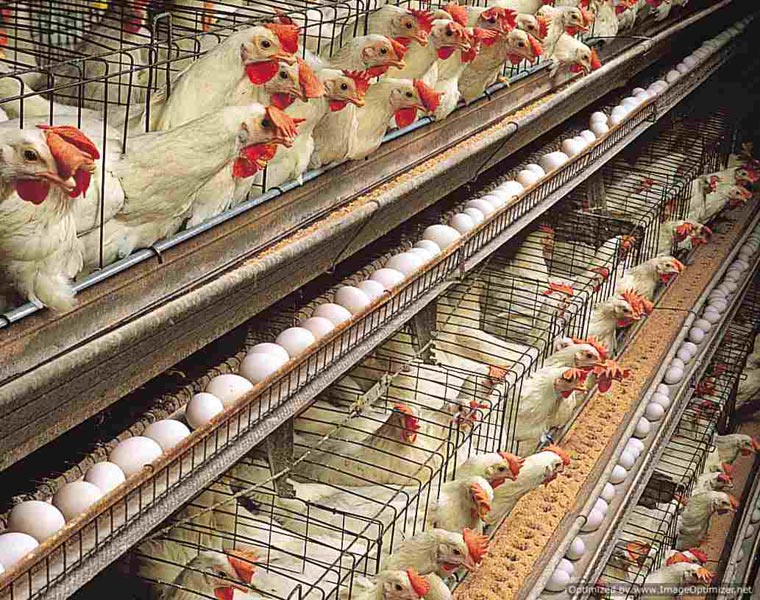New normal
In our time of cholera we’ve heard much about what is, or isn’t, the “new normal” and how institutional employers might be “pivoting” from the unexpected marvel of compulsory remote working they were bounced into by COVID, back to their usual resting disposition of outright distrust, under which staff must present themselves on premises to be over-watched, audited, monitored, measured and assessed for periodic thinning.
|
Office anthropology™
|
The institutional disposition has thus settled: calm the hell down, everyone. We’ve got this. There’s nothing to see: this is not a new normal. Old normal service will be resumed as soon as possible.
Do not adjust your mindset.
But is not the new normal precisely the thing for which chief operating officers the world over have been wishing, carelessly, for thirty years? Isn’t it the logical conclusion of a generation-long push, in the name of cost reduction, to deprecate the office-working experience? For the “new normal” was here long before the bats went crazy in Wuhan. If you want to talk sagely about the “going back to the old normal”, well sorry, chump: that ship has long since sailed.
Over that time employers have systematically dismantled many “peripheral benefits” of office life, treating them as regrettable externalities that should not avoidably accrue to their staff.[1]
So, things a graduate might have expected in 1990 — an office, status, privacy, a travel and entertainment budget, an assistant, an internal mail service, a typing pool, proofreaders — these fripperies have gone.
To be sure, that office might have been a coffin-sized, mouse-infested internal filing cupboard, but it was, marginally, private. But, some time in the late ’90s, she had to share it, then give it up it for a cubicle, the give that up for an un-barricaded desk in a row.
Nowadays, she has a soft commitment that, as long as the projected number of co-workers are sick or on holiday, there should be a spare terminal somewhere in the department she can log into, as long as she wipes it down and removes her belongings before leaving for the day in compliance with the clear desk policy, and as long as she brings something to log in with: even the hardware has been taken away, now, because it’s too expensive.
Forget about tea and coffee: what is this? Butlins? Even paper cups have disappeared from kitchens; chocolate biscuits have disappeared from meeting rooms which, themselves, slowly vanished as our working spaces were systematically compressed.
Long before COVID, that is to say, the office had lost most of its appeal. Yet, like frogs in a warming pot, we have tolerated the piecemeal withdrawal of emoluments: thousands of cuts in a long-term doctrinaire erosion of paltry joys. But the professions changed over that period: they were transformed into fungible, interchangeable items of capital. In this way did personnel become plant.
Now all this would be fair enough for work that really could be operationalised. That’s the way it’s gone since the plough: separate dull mechanical tasks, better done by a machine, from interesting and valuable needing judgment and emotional intelligence, to be done by the meatware.
“Bring your own premises” is just the logical next step. We already bring our own devices. Just as BYOD was an unexpected blessing, so is “BYOP”: we can roll back the years. Nineteen ninety is back. We can trade a sterilised rectangle of desk-space for our own office, as grandiose or grubby as we like, with photos of departed pets, printouts of those faxed Larson cartoons and whale music on the Sonos if we want, and the Chief Operating Officer need not care a row of buttons, and can’t do a thing about it, even if he does.
And now we have seen that possibility — not just seen it, but demonstrated over a sustained period that we can make it work: we are more productive that way, is it any wonder that slogging each day into a drab warehouse to sit at a telescreen, only participate in exactly the same Zoom calls we’ve been doing from home, only with crappier coffee and no guitar for those lengthy spells on mute — really doesn’t appeal?
See also
References
- ↑ That is, where they can be persuaded not to dispense with professional staff at all: the temptation to outsource meaningful work altogether to itinerant, gig-working school-leavers from Bucharest is one that many middle managers cannot resist.
